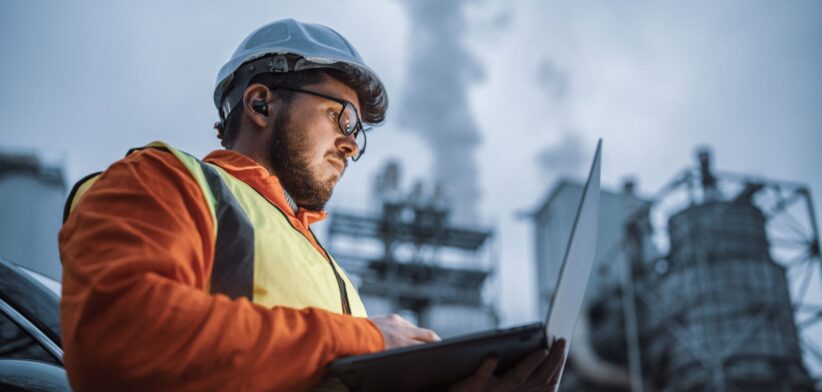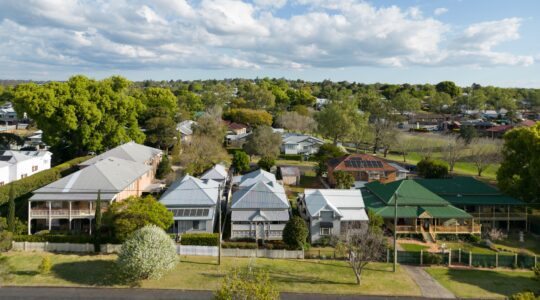New research has identified key insights into transitioning jobs and skills from the current energy sector to the emerging renewables landscape.
Commissioned by Engineers Australia the research, which focussed on engineers but holds lessons for the broader workforce, explored employers’ needs, talent retention, training pathways, and policy settings.
Engineers Australia CEO Romilly Madew said some professionals and communities were already managing the transformation and, with additional support and better co-ordination, the pathway towards a net zero workforce in the energy sector was achievable.
She said engineers were already taking their experience and translating it into roles in clean energy fields such as renewables.
“The legacy of coal, oil and gas sector is that professionals who’ve worked across those sectors are now contributing to net zero industries.
“This might be by moving into new roles in the clean energy sector or applying their skills to boosting sustainable practices in their current industry,” Ms Madew said.
She said while many were managing the transition, employers had provided fresh insights into what else was needed to be done.
Ms Madew said the research revealed employers prioritised mindset and capabilities over specific disciplinary experience, suggesting that skill transferability to the clean energy sector was feasible.
She said those transitioning from thermal to renewable energy roles could leverage existing skills, while expanding their capabilities in areas such as stakeholder management, community engagement, and negotiation.
With regards to location, Ms Madew said building the clean energy industry in communities with existing thermal energy workforces could prevent significant dislocation and encourage retention.
“Engineers are more likely to remain in the profession if they can find employment locally.”
However, she said remote work and automation presented opportunities for flexible job locations.
Ms Madew said recruiting from overseas was becoming less viable due to increasing global demand for engineers, so re-engaging the significant portion of qualified engineers not currently in the workforce, particularly women, older Australians, and migrant engineers already in Australia, was critical.
“Promoting the environmental benefits of the clean energy industry and addressing salary disparities between the thermal and renewable sectors can attract and retain the engineering team.”
She said embedding sustainability into all university and vocational engineering courses, rather than offering separate degrees, could prepare engineers for clean energy roles from the outset of their careers.
“Micro-credentials can facilitate transitions between sectors and demystify industry-specific jargon and standards, boosting confidence and competence,” Ms Madew said.
She said governments could play a pivotal role by better defining occupational profiles and updating the classification of occupations to reflect emerging roles in the renewable sector.
“Policy support is essential to drive innovation, align initiatives across governmental levels, and implement systemic changes that encourage skill transferability and workforce expansion.”








